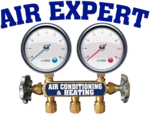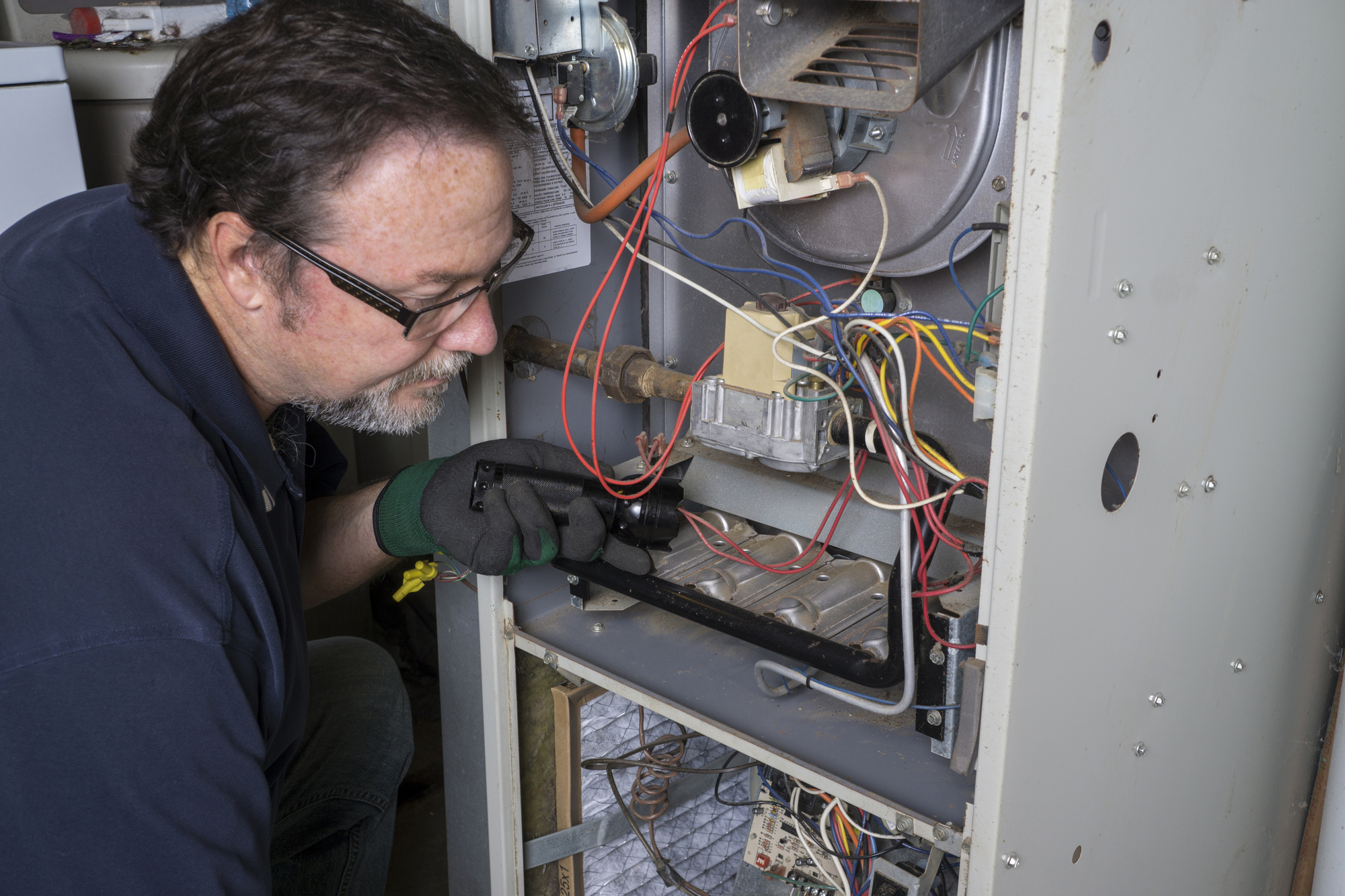Did you know that a study found cold weather to cause a spike of 0.1% to 3.8% in Texas emergency hospital admissions? Many of these medical emergencies take the form of hypothermia, chilblains, and frostbites. Skin rashes are also common symptoms of cold-related illnesses.
For this reason, experts recommend keeping indoor heat levels at a minimum of 68° to 70° Fahrenheit. Staying in a comfortably-heated room can help you avoid such cold weather hazards.
On the flip side, faulty home heating equipment can also pose health, fire, and safety risks. Weird heater noises, in turn, are common signs of malfunctioning boilers and furnaces.
To that end, we created this guide distinguishing “abnormal” from normal heater noises. Read on to learn which boiler or furnace noises warrant pro inspections and repairs.
Minor Banging or Popping Sounds
You usually hear these boiler or furnace sounds when turning the system on after a long period of rest. These noises result from the expansion of the system’s metal parts. Metals contract in cold conditions and expand when exposed to heat.
These banging or popping sounds are usually normal, so long as they’re only minor. The longer you run your heater, the damper or more mellow these sounds should get.
Loud Booming Sounds
If banging or popping noises continue or get louder, take that as a sign of an abnormality. One possible cause is a clog build-up in your system’s burners or heating element.
In gas-fired heaters, the filth that forms in burners hinders the ignition process. The result is a delay in fuel combustion, which can then lead to gas build-ups. When this gas finally ignites, it can cause a loud booming noise.
So, if you’re noisy heater makes such a racket, it’s time to call heating experts to give it a deep clean.
Ear-Splitting Scraping Noises
Turn your heater off as soon as you hear these, as they may indicate metal parts grinding against each other. The system’s blower wheel may have loosened, making it scrape against the blower case. If you let this continue, the blower components can sustain so much damage you’d end up replacing it.
At the very least, these boiler and furnace noises may be due to dry or worn bearings. A lack of lubrication makes them unable to reduce friction, hence the scraping sounds. The excess friction can add to internal heat build-up, which may affect your heater’s motor.
Since the potential causes of these noises are inside the heater, you need to open the unit. As such, figuring out the causes of these unusual heater noises is best left in the hands of heating experts.
Whistling Accompanied by a Rotten Egg Smell
Since natural gas is odorless, gas companies add a substance called “mercaptan” to it. It has a strong smell resembling rotten eggs or sulfur. Its purpose is to make natural gas leaks easier to detect.
So, if your home heater emits these odors, take that as a sign of a possible gas leak. This is especially true if you also hear hissing or whistling sounds coming from a gas line. These noises usually indicate a punctured gas supply pipe.
Turn off your heater and gas supply as soon as you notice these audible and odorous signs. If you can, open the nearest windows before you leave your home. Call your gas company and an HVAC specialist once you’re safely outside.
Be sure to follow those guidelines, as natural gas is flammable and can cause explosions.
Be on Your Toes for These Weird Heater Noises
The only “normal” heater sounds are minor bangs or pops when you first turn it on after a long period of unuse. Most other weird heater noises, like loud booms and scrapes, indicate equipment malfunctions. Among the most dangerous, however, is hissing, accompanied by rotten egg smells.
If your heater is making a terrible racket, know that our team here at Air Expert Air Conditioning can help! Get in touch with us now so that we can start bringing back some peace and quiet to your Houston home.


